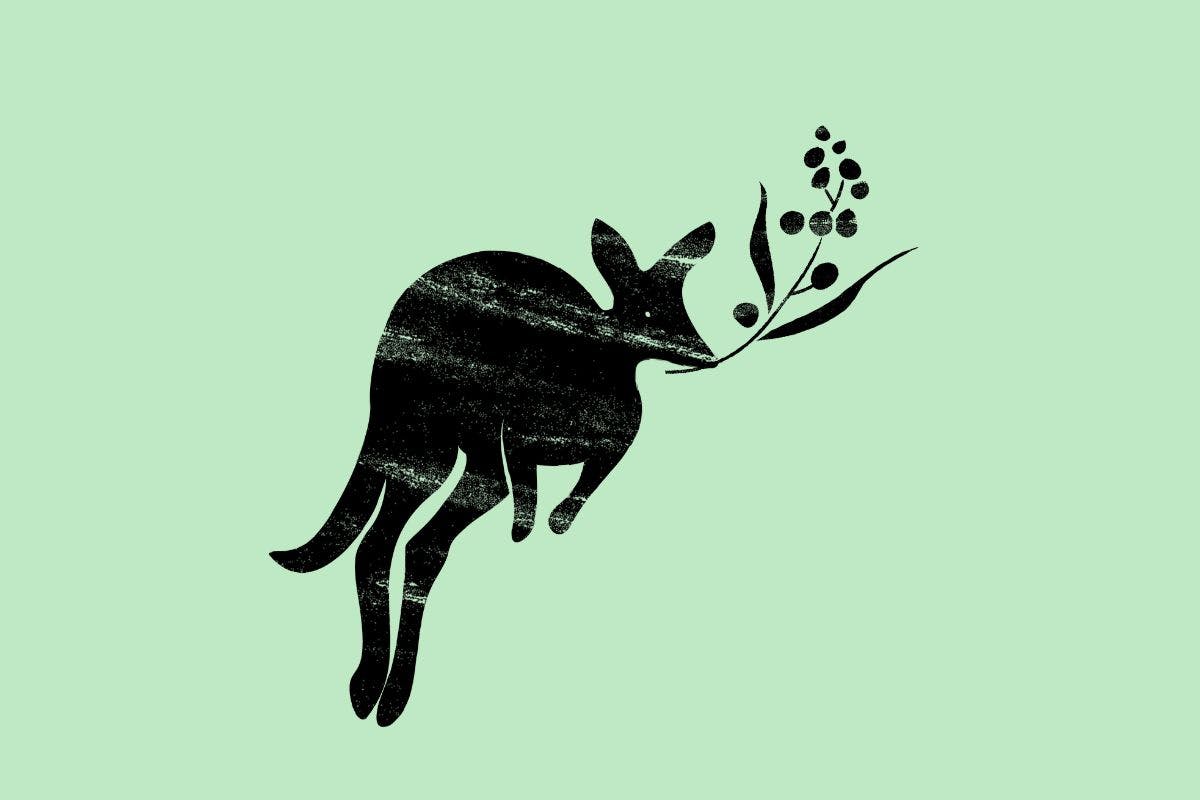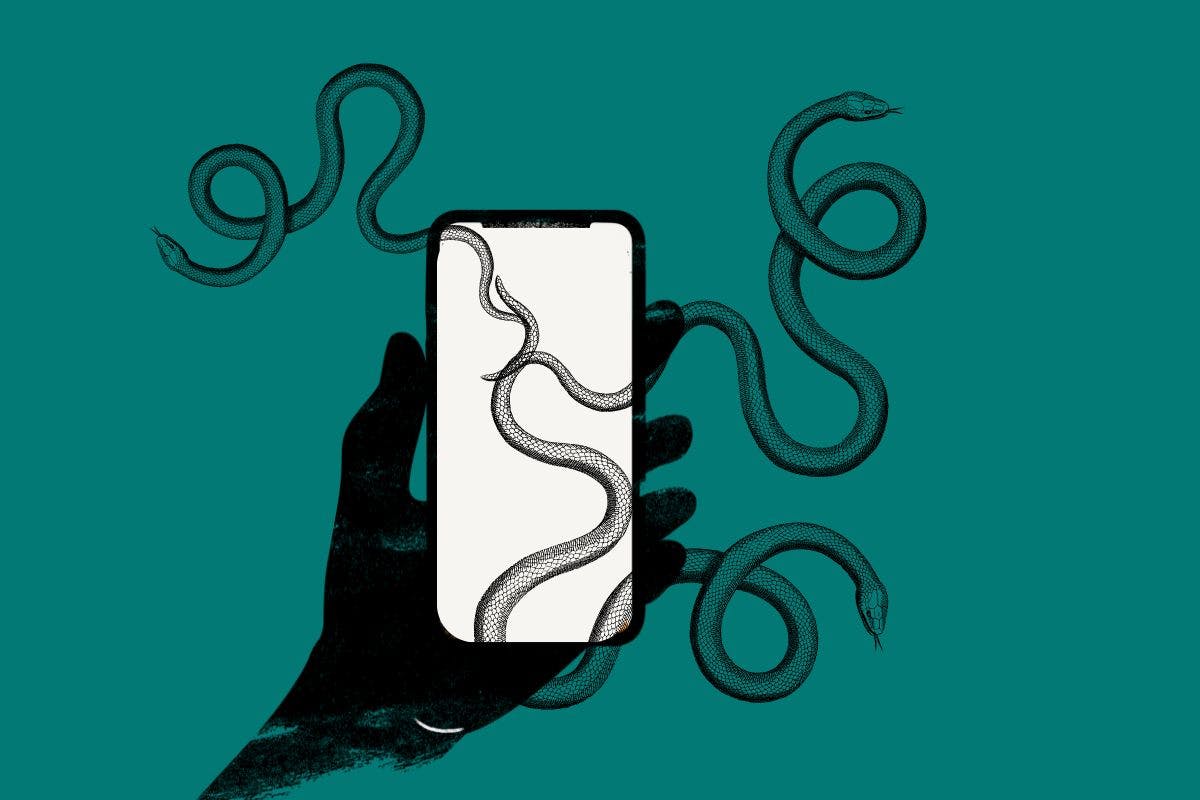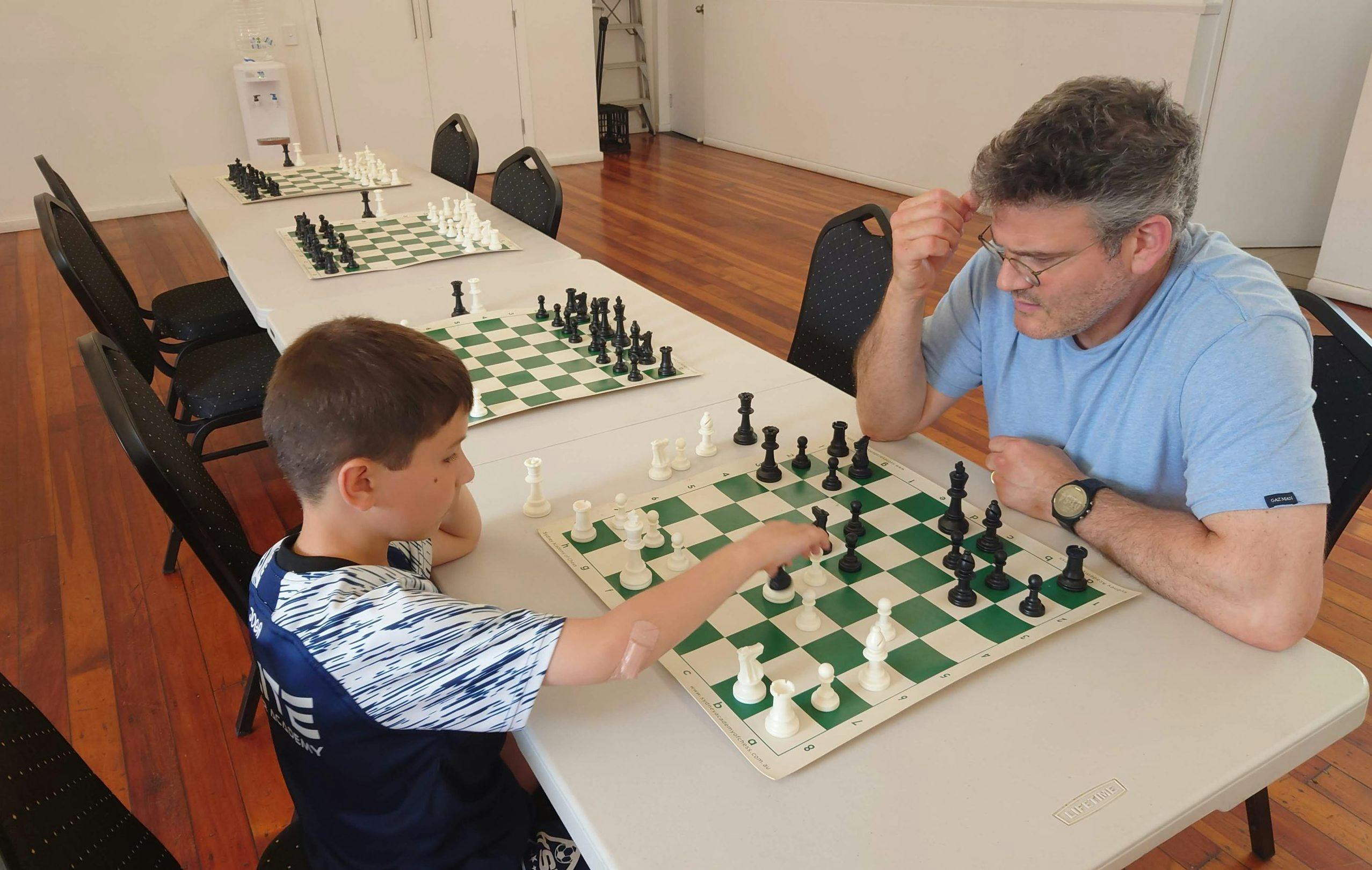Published: 23 January 2024
Last updated: 19 March 2024
Teachers need to focus more on the specifics of Jewish persecution and challenge students to question their assumptions about contemporary prejudice.
The global upsurge in antisemitic incidents and attacks post October 7 has understandably shaken Jews worldwide, including those who have sought to address antisemitism through Holocaust education. The question inevitably emerges: What good has it done to expose and teach about the crimes of the Nazis when antisemitic hate is still so clearly evident?
It goes without saying that no educative effort of this nature is a “silver bullet” and that it must be reinforced by other frameworks such as the rule of law, democratic processes and the defence of minority rights. But this position also dodges the fundamental charge: if knowledge of past persecutions of Jews, particularly through a focus on its most horrific example, cannot stop continuing vilification - what can?
As someone who has spent most of her professional life in the fields of Holocaust history and education, the antisemitism evidenced in the past three months has prompted me to go back to the basics in terms of what we are seeking to achieve.
Holocaust education has recently come under attack by prominent Jewish thinkers and writers. They rightly challenge us to think about how the universalisation of the Holocaust in many educative models may actually detract from a student’s ability to understand the particularity of Jewish identity and the specific nature of the persecution that European Jewry faced.
They are perhaps correct when they argue that more, not less, of this particularity should be taught, beginning with an understanding of the diverse Jewish culture that preceded WW2, and a better understanding of the long history of antisemitism that preceded the Nazi period. More and more efforts to do so are being incorporated into Holocaust education programs and internationally.
Understanding the history of antisemitism is not enough. Knowledge of the past has the propensity to distort the present.
However, understanding the history of antisemitism is not enough. In fact, in this case knowledge of the past has the propensity to distort the present. If there is one constant in the history of antisemitism, it is its ability to morph and adapt. For example, the echoes of Nazi antisemitism are evident in some contemporary conspiracy theories. But not every conspiracy theory is evidence of exterminationist Nazi antisemitism.
To recognise antisemitism and be able to confront it, educators must inculcate in themselves and their students the ability to be supple and critical in their analyses of antisemitism both present and past. Educators also need to develop a response that confronts contemporary antisemitism within the context of a democratic nation, committed to the rule of law and led by governments that while flawed, are deeply conscious of the safety of the nation’s minority communities.
This does not mean that the existence of antisemitic tropes and actions should go unchallenged. The Executive Council of Australian Jewry’s recent decision to take legal action against antisemitic sermons delivered recently in Sydney is one such example.
Holocaust education clearly cannot “solve” contemporary antisemitism. But it should at least provide the tools to confront it and shine a light on its content and contours. It can help us understand points of connection with the past and challenge us to see where our present reality departs. It should also compel us to be rigorous in our understanding of what is antisemitism and what isn’t.
To give a very contemporary example - not every protest for Palestinian rights is proof of antisemitism. But no instance of antisemitism, if evidenced within such protests, should be left unchallenged. The cry “From the River to the Sea” and signs with the phrase “Cleanse the World” alongside images of Jewish stars being placed in dustbins provide two such examples.
That said, protesting the actions of the Israeli government should not be considered antisemitic, but critiques of the Israeli response to October 7 that do not acknowledge and reckon with the atrocities committed by Hamas might rightly be characterised as such.
The ability to hold historical knowledge in tension with the specifics of the present is what is missing in Holocaust education at present.
Recognising these subtleties and understanding that contemporary antisemitism exists within a present influenced, but not dictated by the past, may yet provide a model for Holocaust education that enables us to harness, but not weaponise the memory of the Holocaust today.
The ability to hold historical knowledge in tension with the specifics of the present is perhaps what is missing in Holocaust education at present. It is not enough to assume that in knowing the past, the present will be self-evident to students. This is where the role of the teacher is so important.
Skilled teachers should be able to address both content and ethics when teaching about the past, and to explore its significance on particular and universal levels. They must not “lead” students to foregone conclusions, but rather raise questions and challenge students to critically assess their own assumptions and beliefs.
Educating about the Holocaust and antisemitism effectively will not be achieved by assuming, or indeed drawing, a direct line between present and past. Rather, only through rigorous interrogation of the past and its ongoing relevance, can we attempt to demarcate and confront its reverberations in our own exceedingly complex present.



